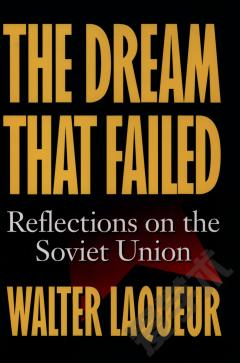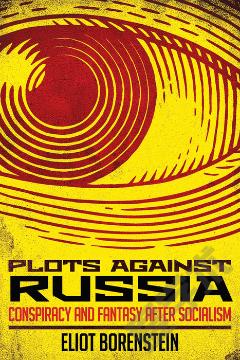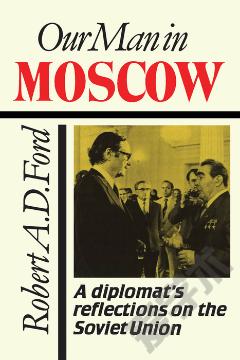The Dream that Failed —— Reflections on the Soviet Union
----- 奴隶制,法律和政治
In The Dream that Failed, Walter Laqueur, hailed by The New York Times as "one of our most distinguished scholars of modern European history," offers an authoritative assessment of the Soviet era--from the triumph of Lenin to the fall of Gorbachev. In the last three years, decades of conventional wisdom about the U.S.S.R. have been swept away, while a flood of evidence from Russian archives demands new thinking about old assumptions. Here, Laqueur conducts an inquiry on a grand scale explaining how the Bolsheviks won their struggle for power and captured the fire in a young generation of Russians, why the idealism faded and the system collapsed, and how western experts could have been so wrong about the Communist system. He reflects on the early enthusiasm of foreign observers and Bolshevik revolutionaries for the new Soviet order, then takes a piercing look at the totalitarian nature of the regime. He demonstrates how Communist society stagnated during the 1960s and 1970s while the economy wobbled to the brink, and how Western observers, from academic experts to CIA analysts, made wildly optimistic estimates of Moscow's economic and political strength. But in underscoring the rot and repression, he also notes that the Communist state did not necessarily have to fall when it did, and examines the many factors that contributed to its collapse. Only now, in the rubble of this lost empire, is it possible to gain a deeper understanding of the Soviet regime, its early achievements, its crimes and its ultimate disaster. In The Dream that Failed, the result of years of research and reflection, Walter Laqueur sheds fresh light on a central episode in our turbulent century.
{{comment.content}}








 京公网安备 11010802027623号
京公网安备 11010802027623号